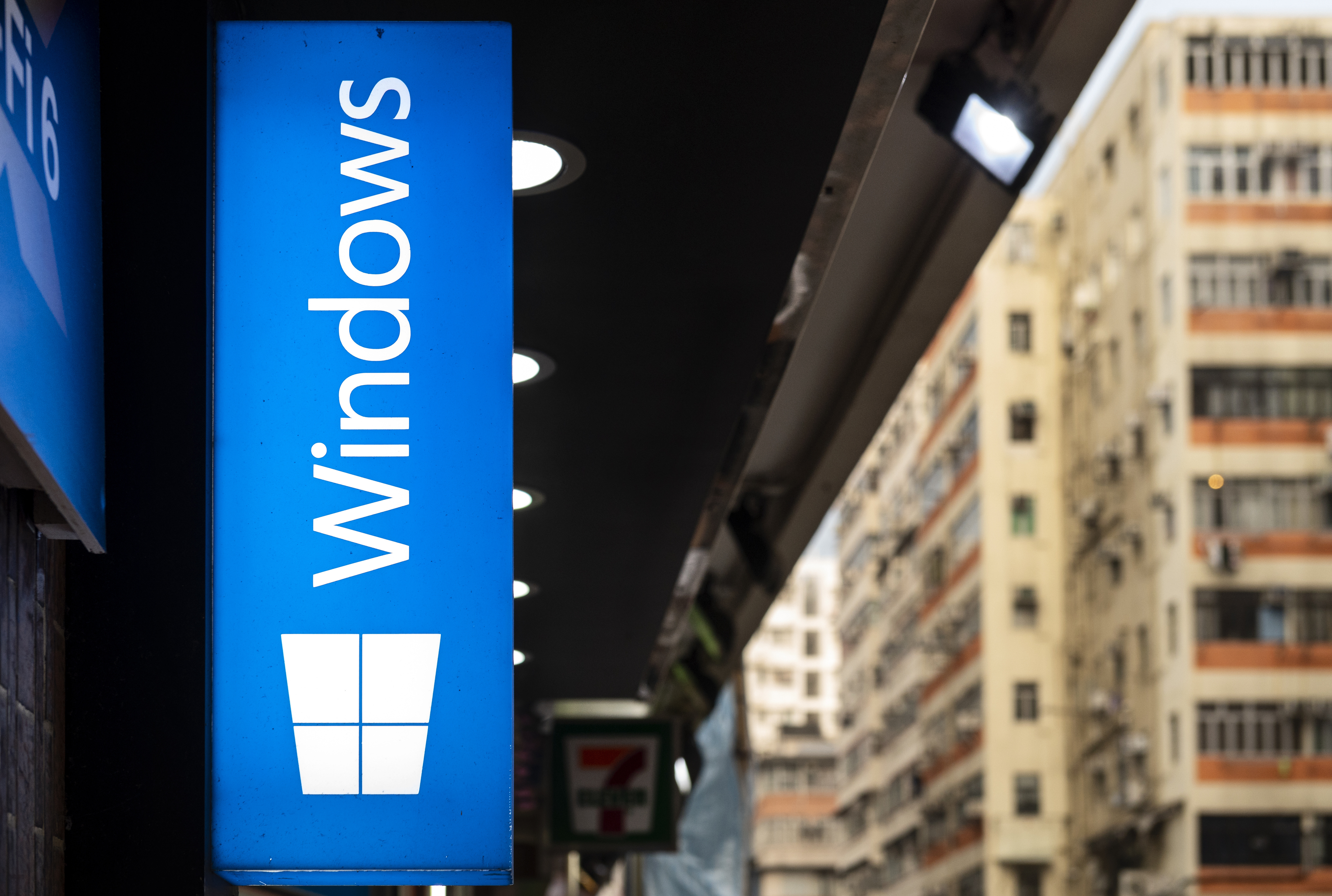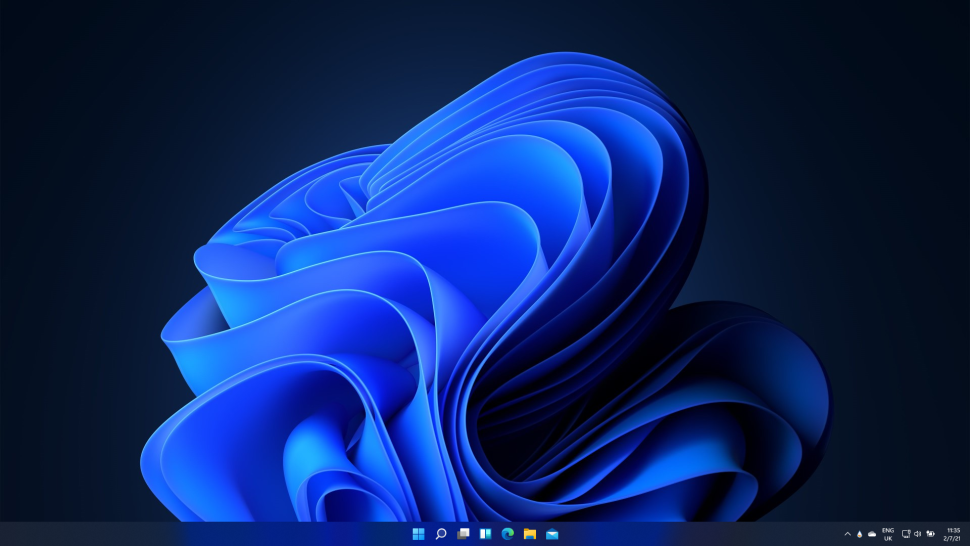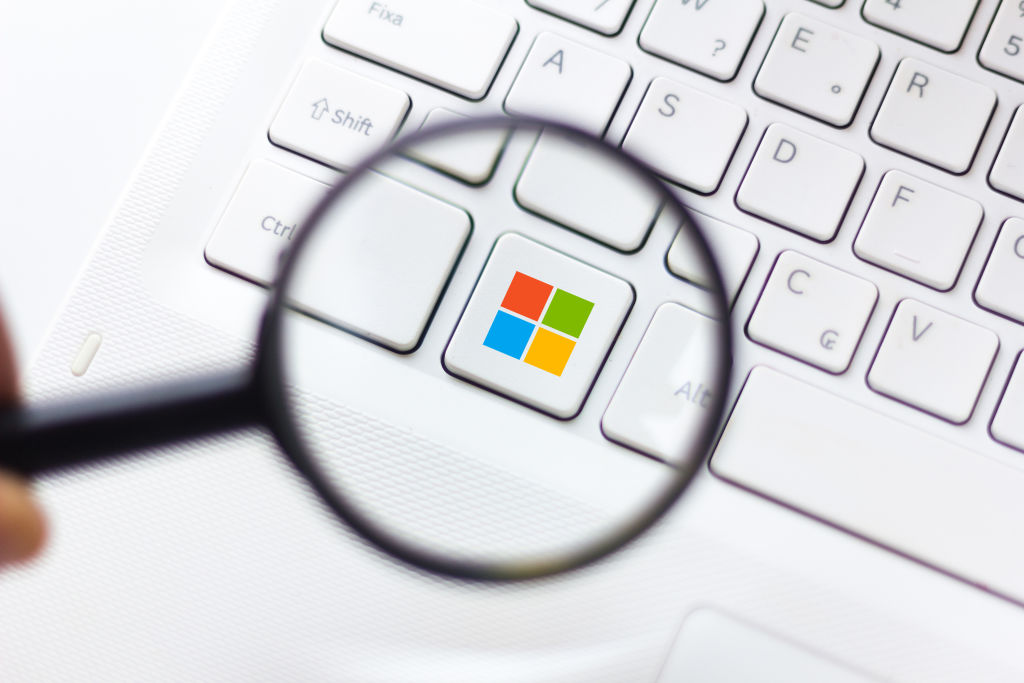Windows 12 rumors gather pace as Qualcomm joins Intel with major hint
More Windows 12 rumors from industry players hint at a 2024 release date, but how should your business prepare?


Qualcomm has hinted the new Snapdragon X Elite chip for PCs has excelled in tests on an unspecified “Windows OS” – differentiating this from Windows 11 and fueling rumors of a possible 2024 release for Windows 12.
Revealing the new processor during its launch event in Hawaii, Qualcomm referenced both “Windows OS” and “Windows 11” on the same slide during a presentation.
Qualcomm said its Snapdragon CPU was tested on a reference laptop running on the former.
The Intel Core i7-1355U and Intel i7 1360P processors, meanwhile, were tested on a Samsung Galaxy Book3 360 running on the latter, according to Windows Latest.
What do we know about the Windows 12 launch?
Microsoft hasn’t officially acknowledged Windows 12, let alone offered a release date, but leaks and rumors are beginning to emerge ahead of a widely touted 2024 launch.
The reason is simple: Microsoft usually releases operating systems every three years, going as far back as Windows 7, and it’ll be about time for an upgrade by 2024. The exception to this was the six-year gap between Windows 10 and Windows 11.
Intel CFO Dave Zinsner, for example, recently said “‘24 (sic) is going to be a pretty good year… because of the Windows refresh” in an interview.
Get the ITPro daily newsletter
Sign up today and you will receive a free copy of our Future Focus 2025 report - the leading guidance on AI, cybersecurity and other IT challenges as per 700+ senior executives
He added the install base is “pretty old and does require a refresh”, adding that next year will be the start of that “given the Windows catalyst”.
This comes on top of Microsoft hinting at Windows 12 at its Build conference, according to TechRadar. The tech giant alluded to a “Next Valley Prototype Design” during a session at the conference called “next-gen of Windows”.
Reports also emerged lately that Widows 12 may adopt a subscription model, rather than exist as a free upgrade.
This is according to subscription-centric language Deskmodder spotted in October – although this is pure speculation and there’s nothing to suggest Microsoft will move to a subscription model for its flagship operating system.
How should businesses prepare for Windows 12?
Discussions about Windows 12 may feel premature for many organizations, especially given the vast majority of businesses haven’t yet migrated to Windows 11 – and some are still running outdated systems like Windows 7.
Around 71% of desktops still run Windows 10, compared with roughly 24% running Windows 11, according to Stat Counter. This is alongside 3% running Windows 7.
The market share for Windows 10 is higher – not lower – than it was in January 2020, when nearly 68% of devices used the operating system. This can be explained by the relative prevalence of Windows 7 at the time, which had a 25% market share.
There are many reasons to explain why Windows 11 is far behind the adoption rates of Windows 10, including Trusted Platform Module (TPM) requirements and the fact devices with certain processors are blocked from receiving the upgrade.
RELATED RESOURCE

Discover how BT can be a foundational building blocks to
your organization's cyber security
DOWNLOAD NOW
It’s down to these reasons that many businesses may not even meet the compatibility requirements for Windows 12, let alone those for Windows 11.
With generative AI also set to become a major force in the Windows ecosystem, too, it may be the hardware requirements are even more strict – with businesses needing to instigate mass-scale device refreshes to keep up with the latest standards.
Windows 11, for example, has seen Microsoft embed OpenAI technology including GPT-4 and DALL·E into the likes of Copilot and Paint, respectively. But this is just the start.
“We are building Windows to be the destination for the best AI experiences,” Microsoft’s chief product officer, Pavan Davulari said at Qualcomm’s Snapdragon X Elite launch event, according to Windows Central.
“Moving forward, this will require an OS that simply blurs the lines between the cloud and the edge, and using the right silicon in the right place is foundational for us."

Keumars Afifi-Sabet is a writer and editor that specialises in public sector, cyber security, and cloud computing. He first joined ITPro as a staff writer in April 2018 and eventually became its Features Editor. Although a regular contributor to other tech sites in the past, these days you will find Keumars on LiveScience, where he runs its Technology section.
-
 Bigger salaries, more burnout: Is the CISO role in crisis?
Bigger salaries, more burnout: Is the CISO role in crisis?In-depth CISOs are more stressed than ever before – but why is this and what can be done?
By Kate O'Flaherty Published
-
 Cheap cyber crime kits can be bought on the dark web for less than $25
Cheap cyber crime kits can be bought on the dark web for less than $25News Research from NordVPN shows phishing kits are now widely available on the dark web and via messaging apps like Telegram, and are often selling for less than $25.
By Emma Woollacott Published

